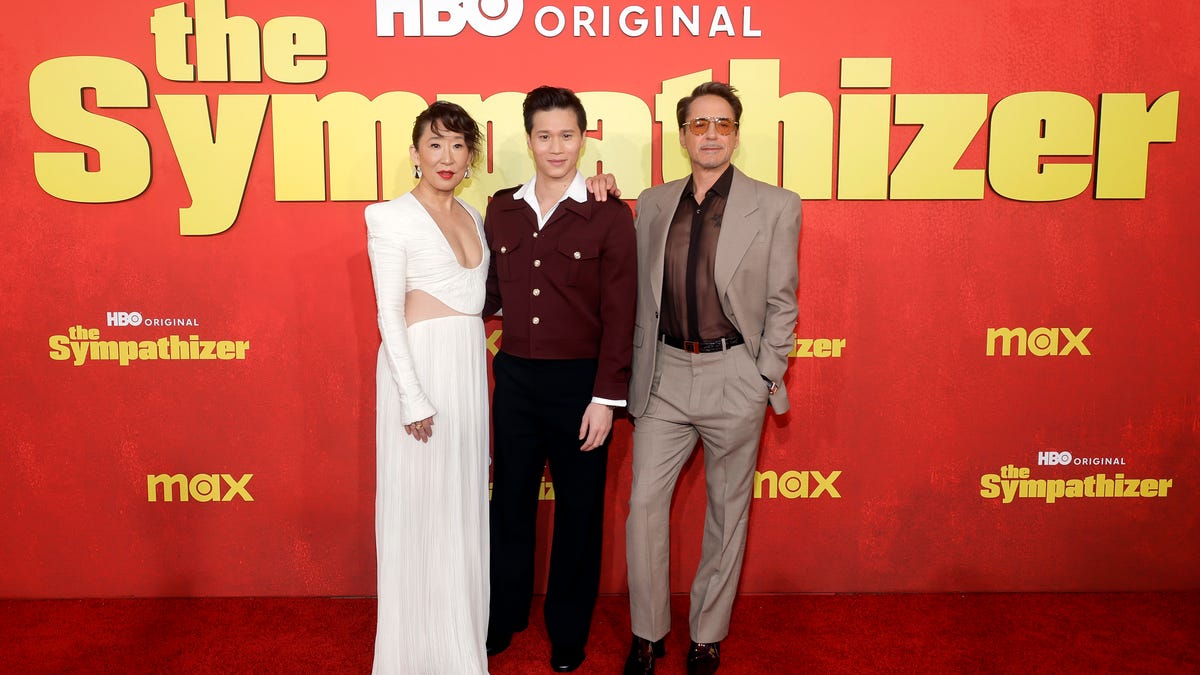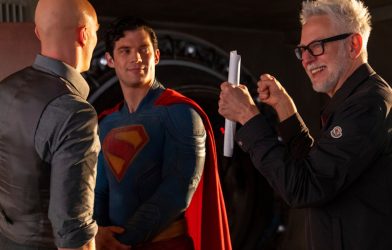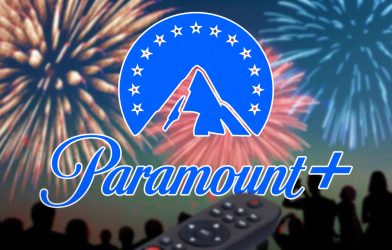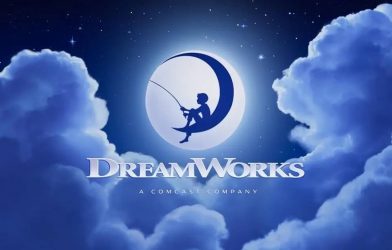The HBO miniseries is based on the Pulitzer Prize-winning novel by Viet Thanh Nguyen, and he agrees: ‘At every turn, I expected the worst and at every turn, Hollywood surprised me.’
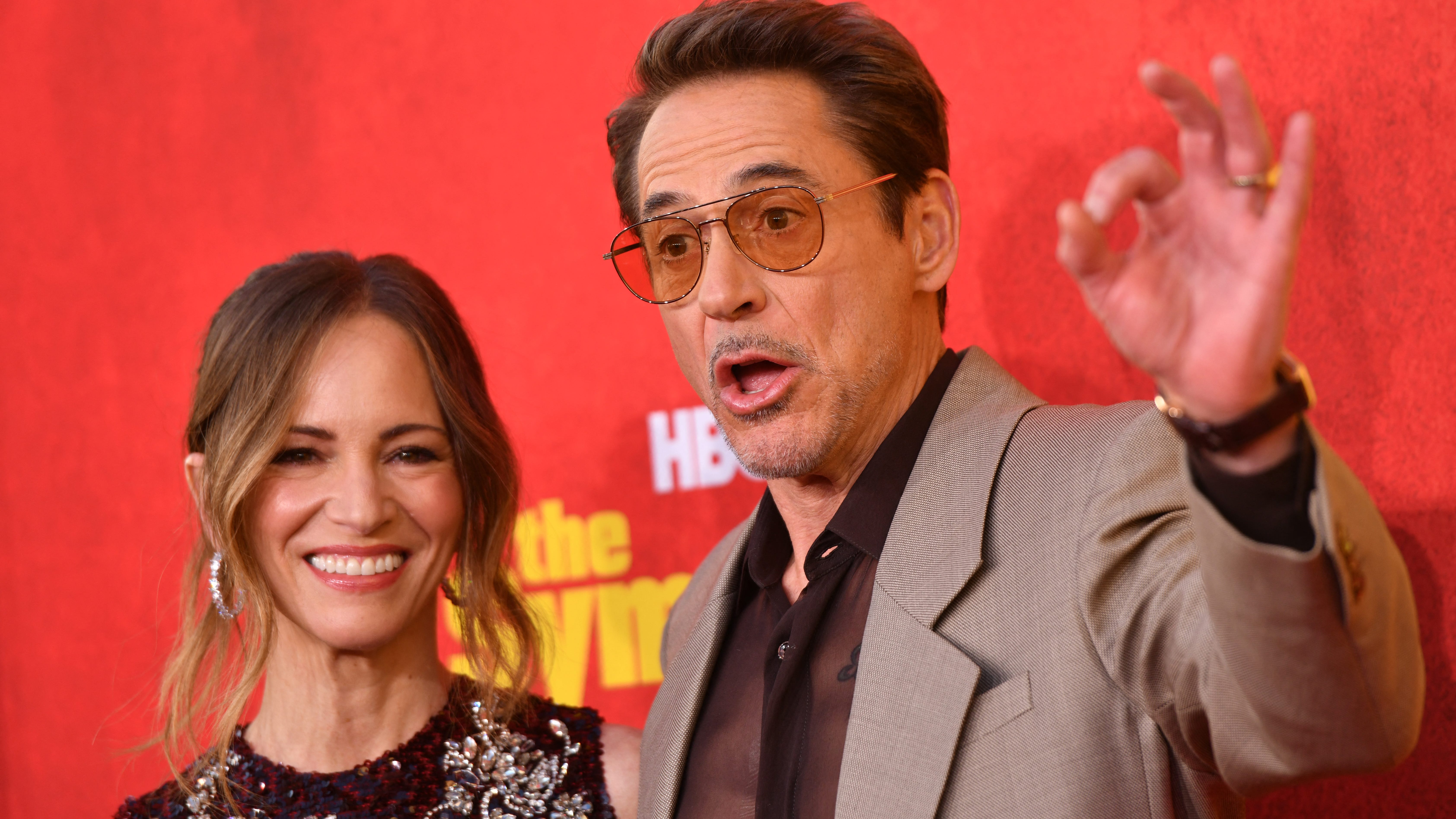
Robert Downey Jr. has no plans to slow down following his Oscar win
Robert Downey Jr. has no plans to slow down following his Oscar win and teases that there is more to come following his Academy Award victory.
Bang Showbiz
I haven’t been this jealous in a long time, though I’m watching a know-it-all auteur director torture yet another Hollywood Vietnam War movie. You know, the kind with the stereotypical peasants in straw conical hats getting yelled and shot at, and the hackneyed U.S. soldiers full of fear and drugs blowing up everything. At least this flick doesn’t have an overused prostitute archetype selling the line “me love you long time.”
What I’m actually watching is Episode 4 of the HBO miniseries “The Sympathizer,” based on the Pulitzer Prize-winning novel by Viet Thanh Nguyen. True to the book, the show about a half-French, half-Vietnamese spy is biting commentary on America’s Vietnam War literature and movies. Also true to the book, the miniseries doesn’t spare us Vietnamese, either. There’s plenty of hypocritical guilt on both sides.
Why am I jealous?
“The Sympathizer” stars Robert Downey Jr. and Sandra Oh, but its cast is majority Vietnamese who speak actual Vietnamese lines that appear in English subtitles – throughout the show’s seven episodes, with the finale airing Sunday. That’s quite a long way from what Hollywood box office numbers dictated when I was in a Vietnam War movie.
‘The Great Vietnam War Novel Was Not Written by an American’
Three decades ago, I had 15 minutes’ worth of lines in Oliver Stone’s “Heaven and Earth,” even a scene with Tommy Lee Jones. Then, the American public didn’t have an appetite for movies with subtitles. When we Vietnamese actors spoke our lines with other Vietnamese characters, we spoke American English standing in for Vietnamese. When we talked to American characters, however, we had to speak pidgin English.
For me, who at the age of 8 came here with my family as the Vietnam War ended in 1975 and grew up in Phoenix before becoming a reporter for the Los Angeles Times, it was, to say the least, awkward.
It’s a different story for “The Sympathizer” cast.
“We had a whole team responsible for translating the dialogue and subtitles,” Susan Downey, who with her husband are also executive producers of the HBO show, said in an email. “Don McKellar, the producers, and our post department would work with this team to ensure that the real meaning or feeling behind the Vietnamese line was the same as – or as close as we could get to – the meaning and feeling of the English translation, even if the translation isn’t always word for word.”
Oliver emailed me: “I think ‘The Sympathizer’ is good, but I hope the community doesn’t forget the work we did.”
How can we forget what Oliver Stone did for our community? When I first read his screenplay for “Heaven and Earth,” I cried. In the 1990s, when Asians in general, let alone Vietnamese Americans, almost never saw ourselves represented on TV or the big screen, Oliver amplified the story of a village girl who should have remained invisible to history.
‘You’re my Kim’: How I landed a Hollywood movie and gained a ‘Heaven and Earth’ family
Oliver based his 1993 film on Le Ly Hayslip’s memoirs recounting her childhood in Central Vietnam. Because her village was caught between communist North Vietnam and the Washington-backed South Vietnam, she became a teenage Viet Cong guerilla then grew into a survivor entrepreneur, and finally a widow and philanthropist in California.
Coincidentally, Le Ly, a big sister to me since we met during the filming of “Heaven and Earth,” introduced me to Viet Thanh Nguyen over email in 2017 after The New York Times published his column with the headline, “The Great Vietnam War Novel Was Not Written by an American.”
In his column, the University of Southern California associate professor wrote about Le Ly: “I came across her book as a college student at Berkeley in the early 1990s. It moved me deeply, not only because it was a compelling memoir, but also because it was one of the few books in English by a Vietnamese writer. (Co-written, in her case, with Jay Wurts.)”
Nguyen’s column ran a year after he won the Pulitzer in fiction for “The Sympathizer,” drawing interest from Hollywood.
USC professor turns Hollywood producer
Last month, after the HBO miniseries premiered, I wrote about “Sympathizer” co-star Kieu Chinh, the Vietnamese movie star of my childhood even in America. Wanting a quote from Nguyen – who’s also one of the show’s executive producers – I emailed him. He didn’t disappoint, writing back: “Kieu Chinh is a legend of Vietnamese cinema and popular culture.”
This month, I finally met Nguyen in person in Washington, D.C., at a small dinner before his Smithsonian Q&A session on adapting his book for the screen. Greeting me, the professor-turned-producer smiled and said it was good of me to pay respect to Kieu Chinh, whom he called “a hustler.”
I knew immediately that he meant it as a compliment, and we marveled that at the age of 86, Kieu Chinh is still working so hard in such an unforgiving industry as Hollywood. The cinema legend still loves her craft.
Beyond ‘M*A*S*H’ and ‘Joy Luck Club’: From ‘homeless among the clouds’ to working with Robert Downey Jr., Kieu Chinh keeps going
Lucky for my husband and me that we met Nguyen in a small group. That night at the Smithsonian’s National Museum of Asian Art, the auditorium was packed with people who had a lot of questions. The Q&A was co-presented with the Vietnam Society and moderated by Sylvia Chong, an associate professor at the University of Virginia and author of “The Oriental Obscene: Violence and Racial Fantasies in the Vietnam Era.”
The event drew diplomats, film buffs, and young Vietnamese Americans working on their own writing and film projects.
One question stood out for me, from an older Vietnamese gentleman who asked in English: “You have been living in Hollywood as the ministry of information for the U.S. and now you have ‘sympathized’ with Hollywood. How much Vietnamese do you think the (miniseries) has?”
Though the questioner sat toward the front and most of the audience couldn’t see him, you could hear the twinkle in his voice. We in the audience actually laughed then applauded his question.
Viet Thanh Nguyen, charming and unruffled throughout the night, answered: “I realize I am living in a contradiction of many many layers. I was going to do a cameo (for “The Sympathizer”) and I told (co-showrunner) Park Chan-wook, look, I want to get blown up. I want you to blow me up in filming because I deserve it as someone who has sold out to Hollywood.”
“You put it in a much nicer way,” Nguyen told the older Vietnamese scholar. “But I think I have to give Hollywood some credit. Hollywood has changed. Hollywood is not exactly the same as it was in the 1970s that is being satirized in the novel and in the TV series.”
“At every turn, I expected the worst and at every turn, Hollywood surprised me. And I think it was because we assembled the right team of collaborators. I gave the book over to my collaborators at HBO and A24 and I thought this is worth the risk,” Nguyen said.
“The novel is a lever to move certain things in the world and it succeeded and it sold a lot of copies and then we have a TV series. And hopefully the TV series can be a lever, with all its flaws, in order to hopefully budge the world a little bit more so that the next Vietnamese, Asian American production to come out of Hollywood will have even more stories, more opportunities for actors and providers.”
It was Nguyen’s turn to tease the audience: “The whole point is, as Claude, the CIA agent, said in the first episode – It is wet down here; you gotta get into it. And that is what it is like to work in Hollywood.”
Thuan Le Elston, a USA TODAY Opinion editor, is the author of “Rendezvous at the Altar: From Vietnam to Virginia.”

